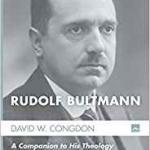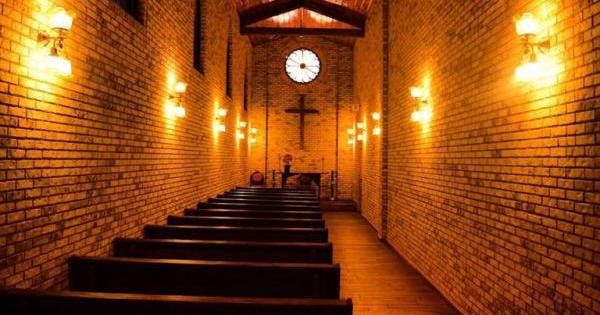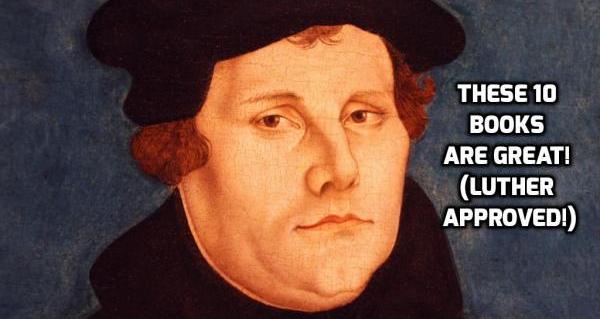The following post is the first of a multi-post series called a “Theology of Protest: The Reformation and Paul Tillich’s ‘Protestant Principle’” by Dr. Paul Capetz. The original essay was delivered at a conference at United Seminary of the Twin Cities devoted to the theme of the ongoing significance of the Reformation for Christianity. Dr. Capetz has given me permission to publish his lecture as a multi-part blog series. Capetz is Professor of Historical and Systematic Theology at United. His full bio is below.
This year commemorates the 500th anniversary of the birth of Protestantism when in 1517 Luther initiated the Reformation out of protest against the medieval Catholic Church. Tillich, who died in 1965, was among the most important Protestant theologians of the twentieth century, probably second in importance only to Karl Barth, and just as Barth took his Reformed-Calvinist heritage to heart, so too Tillich took seriously his roots in Lutheranism.
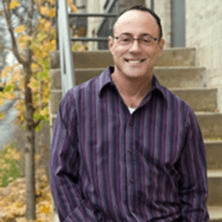
Although I have never been a Lutheran in the denominational sense, Tillich was the first serious academic theologian whose writings I encountered as a young man when I was struggling with whether I could still be a Christian in the light of a modern understanding of reality. Tillich helped me to realize that asking critical questions about faith is not a sign of a lack of faith but rather of deep existential seriousness or, as he put it, of ultimate concern.
Had I not encountered Tillich at this early stage of my adult life—as well as a handful of other German Lutheran theologians, including Bultmann and Bonhoeffer—I am sure that I never would have gone into the ministry and that I would not even be a Christian today. It was through these German Lutheran theologians that I learned what “theology” means and why it’s so vitally important, a topic to which I’ll return shortly. It was years later, however, before I ever encountered Luther’s thought directly. It first had to be mediated to me by his modern interpreters such as Tillich. But in the form given to it by Tillich, I was already albeit dimly aware of the profound power of Luther’s heritage that has since captivated my intellectual passion and defined my professional vocation for forty years.
Not only have I learned deeply from Tillich’s writings but I also had the privilege of studying with Langdon Gilkey, who was perhaps Tillich’s most famous and creative disciple. At United I have taught three courses on Tillich’s theology, including one with my colleague Lois Malcolm at Luther Seminary. And Tillich was certainly the most formative theological influence upon the early curriculum of United Seminary, along with H. Richard Niebuhr following close behind.
Tillich’s method of correlation according to which the gospel is interpreted anew in each age in response to contemporary formulations of the existential question accounts for United’s openness to the urgent concerns of the present day, just as Tillich’s theology of culture accounts for United’s emphasis upon the arts since a culture’s particular formulation of the existential question is often best reflected in its creative artistic expressions, secular though these may be.
It’s interesting to observe that at this commemoration of the 500th anniversary of the Reformation I’ve been asked to speak about Tillich, not Luther. Yet the reason for this is not hard to find. For many Protestants today, especially those left of center, Luther is too remote a figure for us to be able to relate to him easily. While conservative Protestants revere Luther much as Americans revere George Washington, this is not quite the same thing as making Luther’s historic significance relevant for people who are asking different questions than those which Luther himself sought to answer. Luther seems too distant to be directly relevant to our contemporary concerns, too medieval to be readily understood and appropriated.
Tillich, of course, was acutely aware of this problem and tried to address it through his own theological work. He knew how foreign original Protestantism had become to modern people and how difficult it is to comprehend the reasons for its protest against medieval Catholicism. Apart from assiduous historical reconstruction of the sixteenth-century context, it’s virtually impossible for modern people to understand what Luther was fighting against and what he was fighting for.
The doctrine of “justification by faith alone” for which the Reformation struggle was waged barely has any meaning anymore. Tillich wrote:
Protestantism was born out of the struggle for the doctrine of justification by faith. This idea is strange to the [person] of today and even to Protestant people in the churches; indeed…it is so strange to the [people] of today that there is scarcely any way of making it intelligible to [them]….This whole complex of ideas which for more than a century—not so very long ago—was discussed in every household and workshop, in every market and country inn of Germany, is now scarcely understandable even to our most intelligent scholars. We have here a breaking-down of tradition that has few parallels” (PE, 196, emphasis added).
One of the courses on Tillich that I taught here at United was actually a comparative course on both Luther and Tillich. I taught it to underscore precisely this point about the distance between Luther and us as well as to use Tillich’s example to see how Luther’s legacy could be reformulated so that modern people might understand and appreciate its existential significance once again. So, in the spirit of the title of this lecture, let us use Tillich as our starting-point for inquiring into the contemporary significance of the Protestant Reformation.
Without being narrowly Lutheran or anti-Catholic, Tillich was a modern Christian theologian who nonetheless believed that something of ultimate concern was and remains at stake in Luther’s protest. In fact, Tillich’s entire theological corpus can be read as a sustained attempt to distinguish between what is of enduring significance in the Reformation from what is merely of historical interest and which should thus be set aside today.
In other words, while he was firmly convinced that the Reformation had been waged on behalf of a religious principle that is absolutely essential to a genuine apprehension of the meaning of the gospel and of Christian faith, he also realized that the Reformation was a historical phenomenon of the late medieval world and as such was limited by the intellectual, cultural, social, political, and economic conditions of that age.
Hence Tillich’s ever-present concern was to ask about the theological essence of Protestantism in distinction from its medieval historical trappings.
In contrast to the Reformers, we are no longer involved in a life-and-death struggle with Rome. We are able to decide in terms of principles and not of controversy; and we are not bound in our decision to a classical period of Protestantism. It belongs to the nature of Protestantism that it has no classical period. Every period stands under the Protestant protest, even the age of the Reformation” (PE 210).
Hence, it is in keeping with the essential nature of Protestantism to be critical of the actual history of Protestantism. Protestantism is thus not only critical but also self-critical!
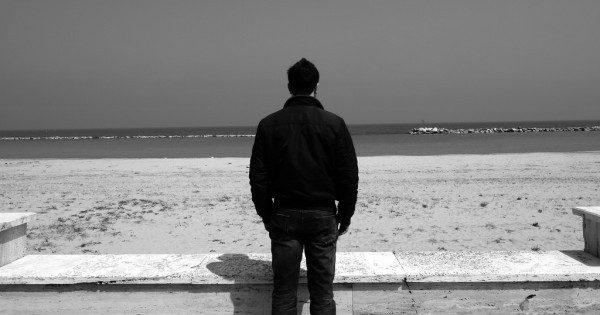
Paul E. Capetz was educated at the University of California at Los Angeles, Georg-August Universität in Göttingen (Germany), Yale University Divinity School, and the Divinity School of the University of Chicago. He is an ordained minister in the Presbyterian Church (U.S.A.) and has taught at numerous colleges and seminaries including Macalester College and Claremont School of Theology in addition to United. His research interests focus on the Protestant Reformation and modern Protestant theology. He has authored two books and published many scholarly articles in academic journals such as the Journal of Religion and the Harvard Theological Review. He is currently working on a book about Martin Luther and Rudolf Bultmann as well as preparing a volume of translated essays on theology and ethics by Ernst Troeltsch.







